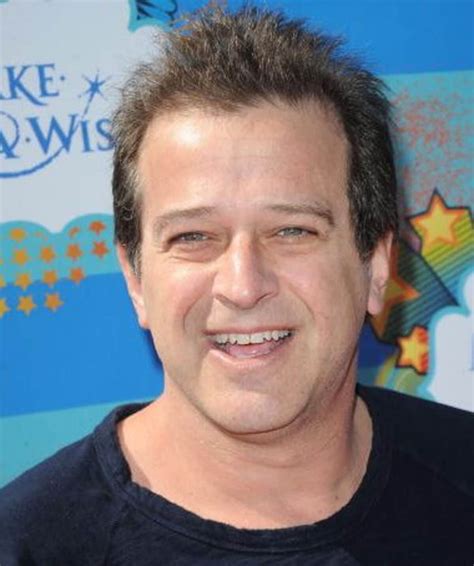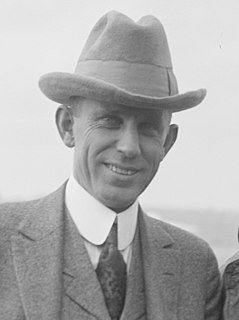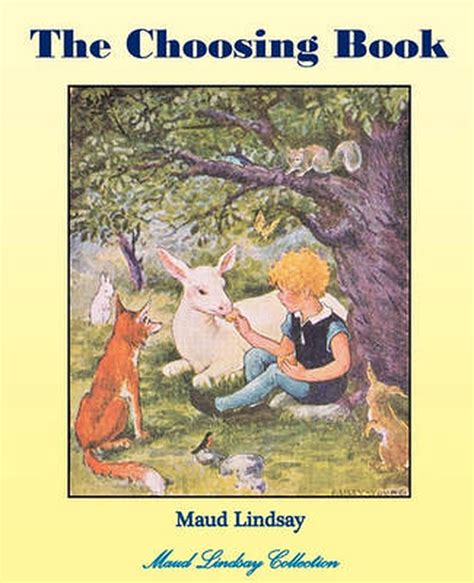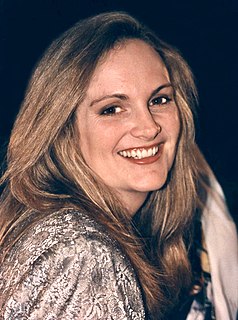A Quote by John Shelby Spong
I find that children have very little trouble understanding non-literal stories.
Related Quotes
As a parent with young children, I would always find little things that bothered me when I was reading bedtime stories or watching shows or listening to children's music. I couldn't find any stories, games or television shows that were fun and exciting while also being morally instructive and patriotic.
Whenever you find a preacher who takes the Bible allegorically and figuratively...that preacher is preaching an allegorical gospel which is no gospel. I thank God for a literal Christ, for a literal salvation. There is literal sorrow, literal death, literal Hell, and, thank God, there is a literal Heaven.
I believe that if a child has a feel for writing and wants to write, there is an audience. Children should just dive in and go at it. I would encourage children to write about themselves and things that are happening to them. It is a lot easier and they know the subject better if they use something out of their everyday lives as an inspiration. Read stories, listen to stories, to develop an understanding of what stories are all about.
What does it matter, if we tell the same old stories? ...Stories tell us who we are. What we’re capable of. When we go out looking for stories we are, I think, in many ways going in search of ourselves, trying to find understanding of our lives, and the people around us. Stories, and language tell us what’s important.
We put so much pressure on ourselves as parents to be able to do everything, but children are very grateful and understanding. I always find that quality time, even if you just get a little bit, really has a deep impact. But you also need them to know that they can make mistakes, and if they do make a mistake it's OK for them to tell you and that they'll get a second chance.
Consider children as a beat. Clearly not an institution of power, children don't vote and they don't pass taxes. They have no money, and they don't buy newspapers or watch the news on television. Consequently, children are one of the most neglected segments of society in the news, except as a subtopic of other power beats such as education, family, and crime. Children are in serious trouble in this society, which means the foundation of our society is in trouble, which means the future is in trouble, and that is news.






































